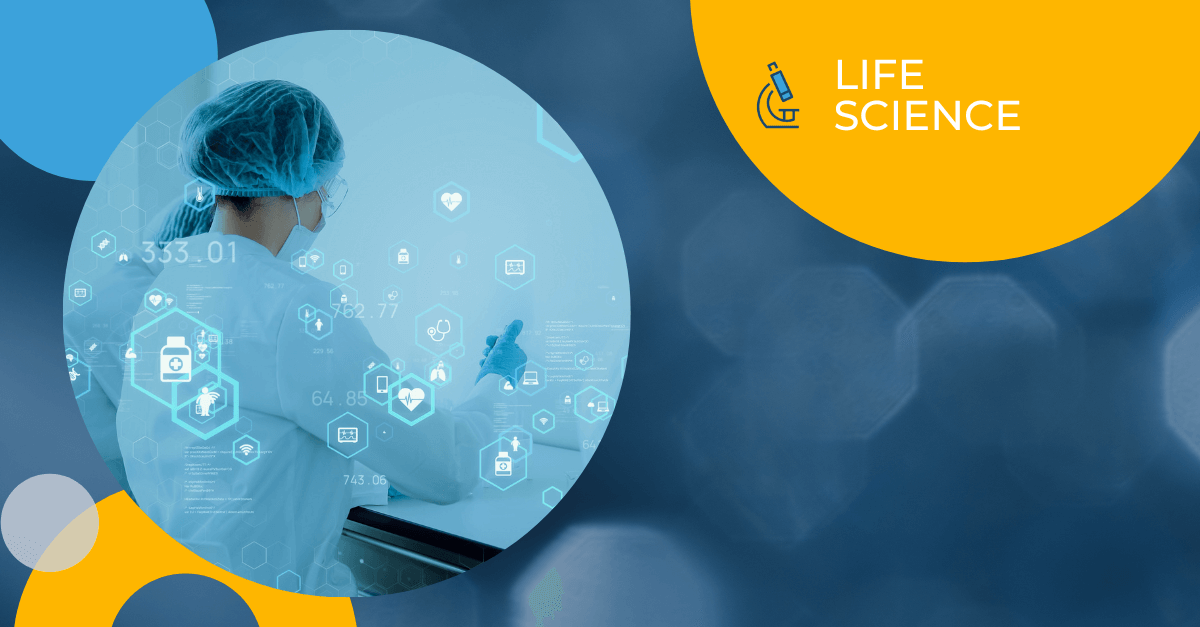Many types of life sciences documentation require translation as outlined by each country’s governing medical agency.
Some content that may need to be translated includes clinical trial instructions, medical device IFUs (instructions for use), software that runs surgical equipment, medical textbooks and more.
If you’re responsible for procuring professional medical translation services in this unique and highly regulated industry, here are seven things you should know:
1. Absolute accuracy
Medical translations are a specialization, and they require high-quality work. There is zero tolerance for medical translation and editing errors—even an accidental numerical error on a pharmaceutical document could cause harm or death.
2. Subject matter expertise
Given the nature of the content, medical translations can’t be done by just anyone. Medical translations require translators, editors and proofreaders to be highly experienced subject matter experts in the specific medical field.
3. National translation requirements
The international medical industry is highly regulated, so be sure you work with a language services provider (LSP) specializing in medical translations. In most countries, clinical trial documentation and medical labels (on containers, packaging and inserts) must be translated. However, the requirements for translations in each country vary and are regulated by local agencies. For example, countries in the European Union follow the Medical Devices Directive 93/42/EEC, which defines translation requirements based on the type of content and user type, and also outlines requirements for countries with more than one official language. An LSP that specializes in medical translations will know what’s required in each country and can help you successfully navigate the requirements.
4. Proper documentation
Within the medical field, the pharmaceutical industry may be the most specialized. This industry requires detailed documentation of all processes and products, with regulatory requirements requiring translated content to advance between stages. Translators should come from the pharmaceutical industry with experience translating a range of pharmaceutical content & documentation.
5. Cost considerations
High-quality medical translations need to be performed and proofread by subject matter experts in the relevant medical field. Some translations must undergo the additional step of linguistic validation, depending on their use. Don’t compromise on quality by selecting the cheapest translator – when it comes to medical translation, quality has to be perfect.
6. Confidential information
Depending on the confidential nature of your content, you may need to ask your LSP to secure confidentiality agreements from the team members working on your project. An LSP should be able to accommodate this request.
7. Terminology management
Using correct, consistent terminology is a critical part of producing high-quality translations. If you don’t have one already, your LSP can help you develop a glossary of terms that will be used throughout your translation project/s. Establishing these terms before translations begin increases translation consistency while also saving time and money.


